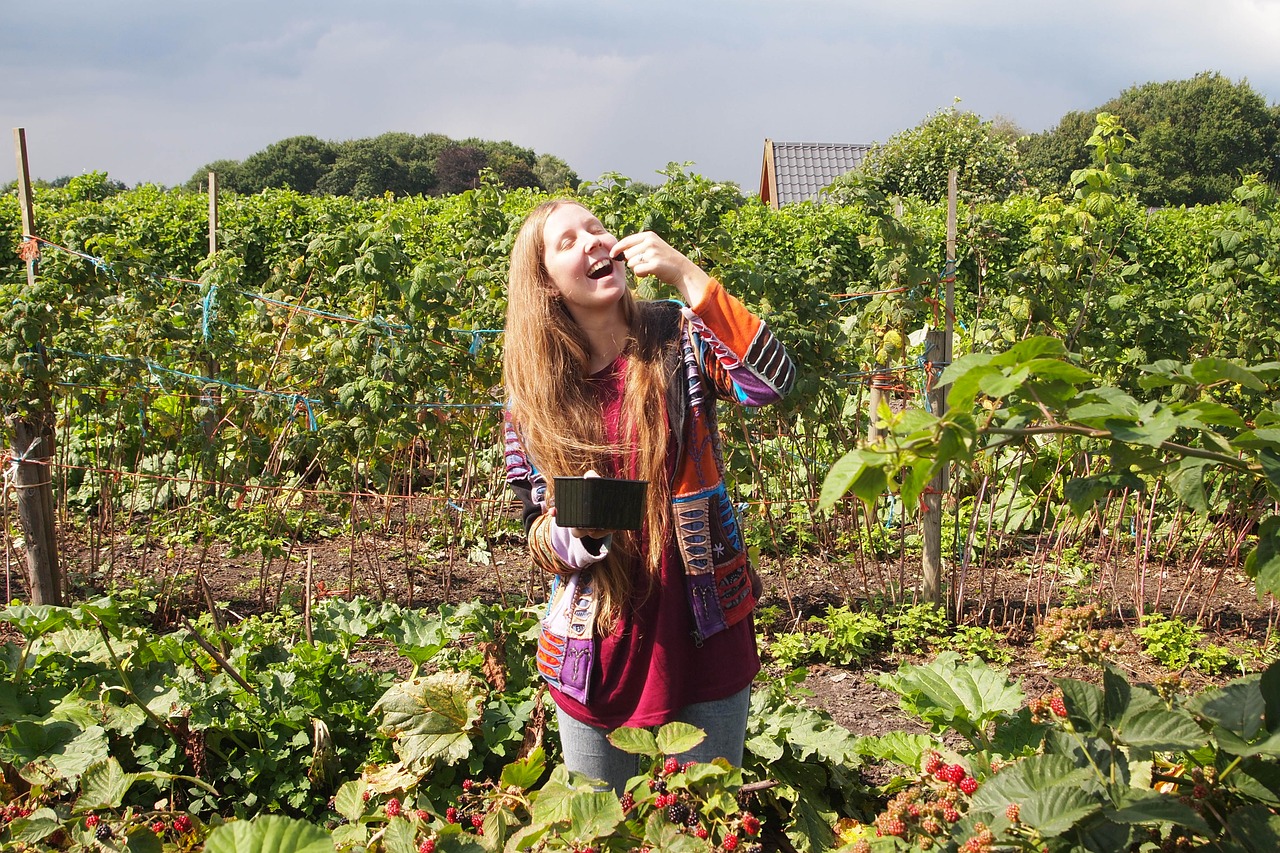3 Reasons Why Gardening Is The Best Therapy

Late research completed by Harvard University’s public health graduate school and Brigham and Women’s Hospital found that individuals living in a region rich in vegetation have enhanced physical and psychological health.
Professor Tim Lang, Centre for Food Policy at City University London, says it’s generally perceived that regular contact with plants, animals and the common habitat can enhance our physical wellbeing and mental prosperity. When we grow food and blossoms, we’re drawing in with the regular world at a pace that gives an appreciated antitoxin to the worries of present day life.
1. Soil is an antidepressant
Soil has been found to affect the brain in a similar way as antidepressants. A review by the University of Bristol and partners at University College London did a research at how mice, presented to the microbes ordinarily found in soil, modified their conduct in a similar way to that produced by an antidepressant. Dr Chris Lowry, the lead author on the paper, stated: ‘These studies help us understand how the body communicates with the brain and why a healthy immune system is important for maintaining mental health. They also leave us wondering if we shouldn’t all be spending more time playing in the dirt.’
When the team looked closely at the brains of mice, they discovered that the treatment with the microorganisms Mycobacterium vaccae enacted a group of neurons that create the serotonin, which manages the mood. Gardeners breathe in the microscopic organisms and have physical contact with it. The regular impacts of the soil microbes can be felt up to three weeks, if the analyses with rats are any sign. Mycobacterium antidepressant microorganisms in soil are additionally being explored for enhancing the cognitive function, Crohn’s disease and even rheumatoid arthritis.
2. It incorporates mindfulness
You may feel excessively occupied for mindfulness, however research indicates it can affect your anxiety levels, fighting off nervousness, reduce depression risk, help with productivity and ease the sleeping disorder.
Hilda Burke, psychotherapist, says that gardening is a movement that appears to help many people get into a “flow” state. This implies you don’t see the time passing, you aren’t all the while thoroughly considering different things, making arrangements or repeating the past.As such it helps people both to switch off to other stuff and switch on to the present moment. In other words, to be more mindful.
3. It improves brain health
Gardening practices your psyche as much as your body. It uses some of our brain capacities and incorporates learning, critical thinking and sensory mindfulness, keeping our mind dynamic.
Various studies have demonstrated the advantages of therapeutic gardens for patients with dementia and Alzheimer’s. A study, distributed in the Psychiatry Investigation, said the advantages of plant treatment incorporated a decrease of pain, change in attention, diminishing of stress and a lessening in falls.


